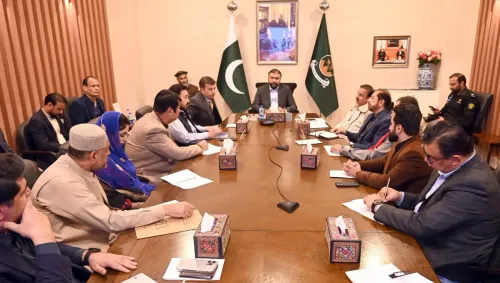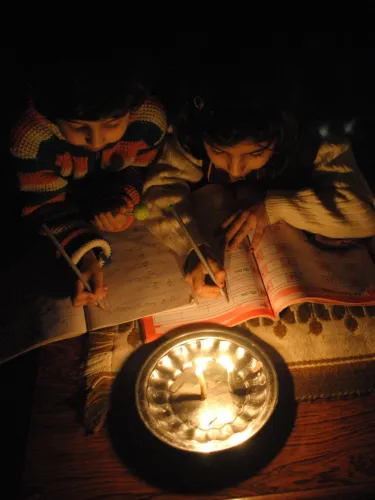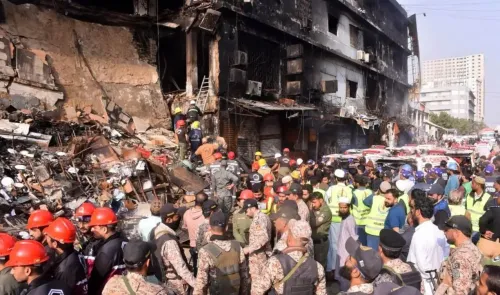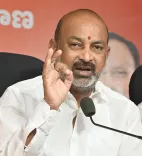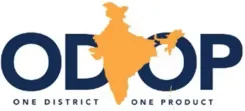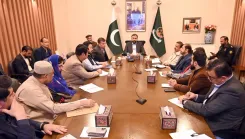African Leaders Urge Strengthening Public Health Security in Response to Outbreaks
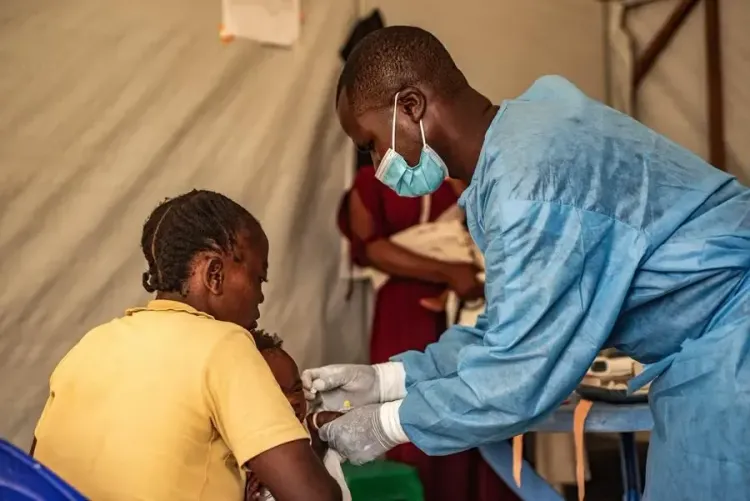
Synopsis
Key Takeaways
- Africa must enhance public health systems.
- Focus on sustainable funding and technology.
- Community engagement is crucial.
- Political goodwill is essential for progress.
- Innovative financing needed for health security.
Mombasa, Jan 29 (NationPress) The resurgence of infectious diseases like Ebola, monkeypox, and Marburg in Africa necessitates the enhancement of the continent's public health systems through sustainable funding, adoption of technology, improved surveillance, and community engagement.
Africa continues to be at risk from disease outbreaks, exacerbated by climate change, pollution, unregulated human mobility across borders, and limited access to diagnostics and essential medicines, as stated by officials and experts at the East Africa Regional Global Health Security Summit 2025 held in Kenya's coastal city of Mombasa.
This summit, taking place from January 28-30, was organized by Kenya's Ministry of Health and its partners, aiming to create a new strategy for enhancing preparedness and response to pandemics in the region.
Additionally, delegates from government, academia, civil society, donors, industry, and regional blocs convened at the three-day forum to explore innovative solutions for boosting biosecurity, advancing health equity, and increasing the adoption of technologies and innovations in the health sector.
In his opening speech, Kenyan President William Ruto emphasized that African nations share a collective responsibility to transform their health systems to effectively respond to cross-border outbreaks.
“The dangers posed by infectious diseases, antimicrobial resistance, climate change, and other health challenges require a united and proactive response,” Ruto stated in remarks delivered by Deborah Mlongo Barasa, Cabinet Secretary in the Ministry of Health.
Ruto advocated for investments in research and local production of testing kits and vaccines, emphasizing the importance of leveraging technology, partnerships, and community outreach to strengthen health security across the continent, as reported by Xinhua news agency.
The first East Africa Region Global Health Security Summit 2025 is themed 'Securing Health and Prosperity, One Community at a Time', highlighting the urgent need to enhance the continent's ability to detect, respond to, and manage health emergencies.
Abdourahmane Diallo, the World Health Organization representative in Kenya, remarked that strong community-based surveillance, along with partnerships, innovations, and forward-looking policies, is crucial for improving Africa's public health security.
Diallo underscored the necessity of mobilizing resources from the domestic private sector to address the funding gaps in the continent's health sector, which have been exacerbated by diminishing external support.
Raji Tajudeen, Acting Deputy Director-General at the Africa Centres for Disease Control and Prevention, highlighted that political goodwill, innovative financing, reskilling the health workforce, and optimizing supply chains for essential commodities are vital for ensuring that the continent's health systems can effectively respond to emerging threats.


